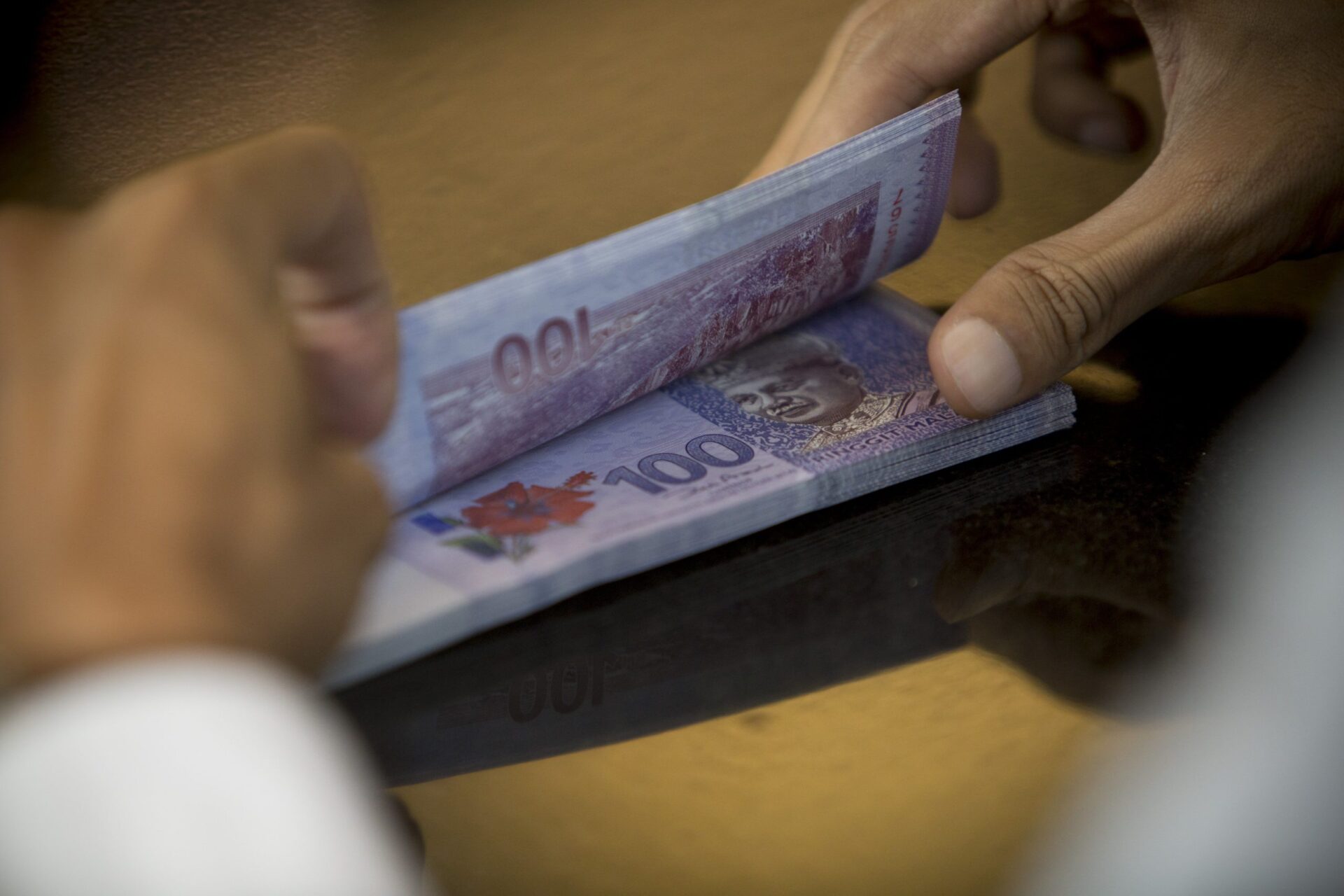- Nigeria’s N19tn Debt Portends Danger for Economy
Economic experts have cautioned the Federal Government against further borrowing, saying the country’s debt profile of N19tn portends danger for the economy.
They said the country’s debt, which has been increasing in the last few years, was becoming unsustainable as it might be difficult to service it due to the revenue challenges facing the country.
The experts spoke in separate interviews with our correspondent on Friday.
They advised that rather than continue to rely on borrowing to finance its activities, the Federal Government should adopt other sources of funding the infrastructural needs of the country.
These, according to them, include concession, privatisation and public-private partnership arrangements.
Those who spoke on the subject were the President, Institute of Fiscal Studies of Nigeria, Mr. Godwin Ighedosa; a former Acting Managing Director, Unity Bank of Nigeria Plc, Mr. Rislanudeen Muhammed; and Director-General, Abuja Chamber of Commerce and Industry, Mr. Chijioke Ekechukwu.
Ekechukwu said, “It is expected that the debt profile of the country will rise considering the fact that we have a deficit budget and even the deficit side of the budget was not met in the last budget year.
“With the recession of last year, government will need to continue borrowing to meet the increased size of the deficit. Of course, the borrowing portends danger for the economy because our debt profile is rising and we do not know when we are going to scale it down.
“Since we are borrowing to fund the infrastructure deficit of the country, with our rising oil prices and stability in the Niger Delta, we may be out of the woods.”
Muhammed said Nigerians needed to be worried about the country’s debt burden rising at a faster rate than revenue generation.
He stated that if something urgent was not done to shore up revenue, it would be difficult for the government to meet its debt servicing obligation.
He said, “The debt profile is scaring and worrying. It’s not a bad thing to borrow but it is good to be assured of the sustainability of the borrowing. If you go on a borrowing spree, then it will be difficult to service this debt when you don’t have the capacity to pay.
“We are not earning as much as we should, and there is need for the government to focus on bringing in investors into these sectors that funds are being borrowed to finance. We can use the PPP model and allow people to bring their money, while the government provides the conducive atmosphere like tax incentives and others.”
Ighedosa noted that while it was not bad to borrow, there was a need for a reduction in government expenditure.
He said, “We have a high fiscal deficit, which can only be funded through borrowing.
“When you borrow for investment, it improves the position on your balance sheet; and when you borrow for consumption, it can cause problems for the economy as it will affect the level of confidence in the economy from investors, because they will assume we can’t manage our economy.
“We already have a debt overhang, and as it is, we are building that up and so there is a need to reduce the rate of borrowing.”
The Director-General, Budget Office of the Federation, Mr. Ben Akabueze, however, said that the country’s debt profile was sustainable.
He maintained that the country’ debt profile was still within the globally accepted threshold, and argued that rather than worry about the level of borrowing, the priority should be on how to shore up revenue that would enable government finance its programmes.
Akabueze stated that the current level of revenue generation in the country was too small to fund an economy the size of Nigeria, noting the country had one of the lowest tax to Gross Domestic Product ratio in the world.
Akabueze stated, “As regard borrowing and whether our debt is sustainable, the answer is yes. We have to know where the problems is; it is with our revenues.
“Our revenues are way too low for the size and potential of this economy, and that is why we have the lowest tax to GDP ratio in the whole continent.”
He added, “We are right there at the bottom globally simply because people are not paying taxes and we also have to ensure that even what people pay does not leak and it is properly accounted for.
“That’s what we need to deal with; if we pay the revenues and the denominator grows, then the resultant ratio grows; but if we start tackling tax to GDP ratio and we don’t go through a proper diagnosis, we will end up in the wrong direction.”

 Naira4 weeks ago
Naira4 weeks ago
 Naira4 weeks ago
Naira4 weeks ago
 Travel4 weeks ago
Travel4 weeks ago
 Jobs4 weeks ago
Jobs4 weeks ago
 Naira4 weeks ago
Naira4 weeks ago
 Naira3 weeks ago
Naira3 weeks ago
 Investment4 weeks ago
Investment4 weeks ago
 Travel4 weeks ago
Travel4 weeks ago




























